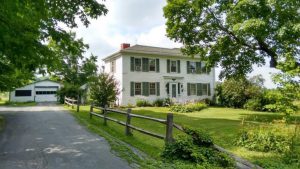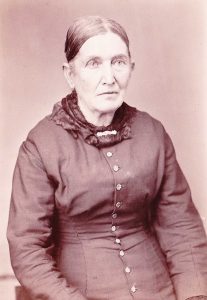 I did not learn to spell properly until I learned to type at the Katharine Gibbs School. This may have had something to do with my less-than-perfect handwriting. Seeing a word in type instead of scribble helps me spot the errors.
I did not learn to spell properly until I learned to type at the Katharine Gibbs School. This may have had something to do with my less-than-perfect handwriting. Seeing a word in type instead of scribble helps me spot the errors.
In genealogy, of course, we run into all kinds of spellings, and it is hard to decide whether we should use the literal spelling from the record or modernize and standardize the word or name. I have had to standardize words for clients who simply could not deal with “misspellings.” Also, in the case of documents where superscripts and abbreviations are used, like “ye” for “the” or strange letters, such as “ff” for capital F, converting to typed text is all the more complicated. Continue reading Become an expert







